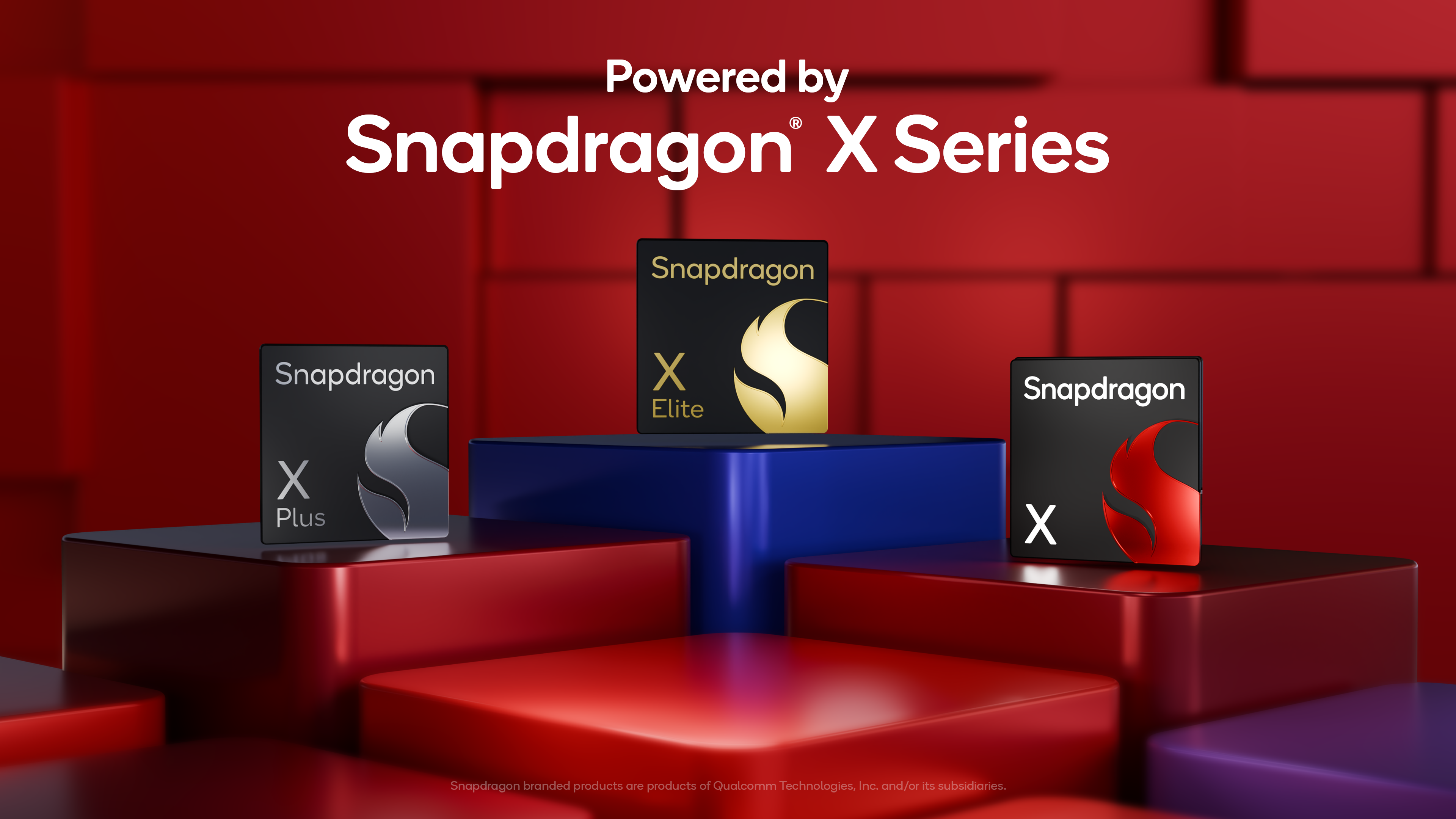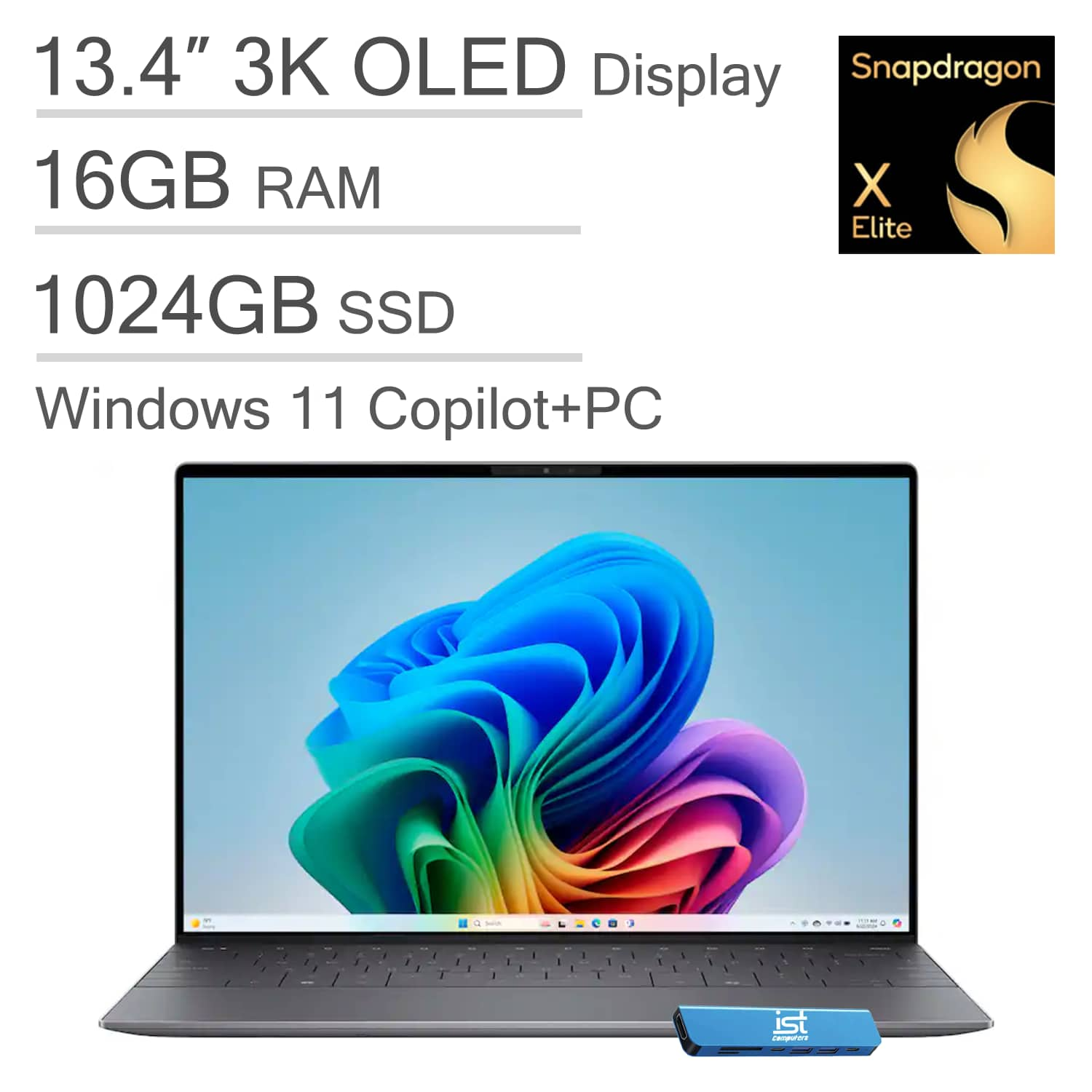Qualcomm accuses Arm of 'misrepresenting intentions' in update to second legal battle
Things are heating up in Qualcomm and Arm's second U.S. lawsuit

Qualcomm and Arm are expected to return to court in February 2026 and, unlike the previous lawsuit, which was ruled primarily in Qualcomm's favor, this suit sees Arm as the defendant.
Qualcomm has previously amended its complaint against Arm in January, and now, the company has submitted a motion to the courts to amend the complaint again.
The new complaint adds additional details on Arm's alleged breach of contract and includes information on Arm's rumored chipset, which is at odds with Arm CEO Rene Haas's testimony in the initial court case.
Amended complaint details

Qualcomm's countersuit against Arm is primarily a breach of contract dispute over the Technology License Agreement between Qualcomm and Arm.
Qualcomm's claim alleges that Arm is in violation of the licensing agreement between both companies by misrepresenting the relationship between the two corporations to Qualcomm's customers, throttled the delivery of critical IP, and that Arm has been misrepresenting its intentions as a design firm.
The second amended complaint from Qualcomm includes further details to support these three claims that:
- Arm repeatedly attempted to interfere with Qualcomm’s customer relationships
- Arm has failed to respond to Qualcomm's requests for an extension of the existing license between both companies
- Arm intends to transform its business into that of a chipmaker, rather than architecture design firm, and sees licensees as competition
Laptop Mag has obtained copies of Qualcomm's motion to amend the complaint, and Qualcomm's full amended complaint.
Sign up to receive The Snapshot, a free special dispatch from Laptop Mag, in your inbox.
Qualcomm alleges that Arm interfered with its customer relationships immediately after Arm's filing in the initial lawsuit. The complaint argues, "Arm took further action in an attempt to disrupt Qualcomm’s business relationships by sending emails to Qualcomm’s customers on two separate occasions that misrepresented the terms of the NUVIA agreements and misleadingly implied that Qualcomm was required to destroy the custom CPUs that it was working on."
As for the existing licensing agreement, Qualcomm alleges that "Arm failed to uphold its obligations under the QC TLA by refusing to offer licenses to its off-the-shelf cores at commercially reasonable prices to Qualcomm."
As for Arm's transition into a chipmaking firm, Arm argued throughout the initial lawsuit that the company had no plans to make its own chips. Haas even stated on the stand that "We don't build chips."
However, a report from the Financial Times in February included information on a chip built in-house by Arm.
Qualcomm has added those alleged chips to its complaint, as the second complaint claims "Arm’s Chief Executive Officer, Rene Haas, repeatedly stated that Arm did not view Qualcomm as a competitor because Arm did not build or sell semiconductor chips in the marketplace, which Mr. Haas stated would amount to direct competition between the companies.
Despite Haas’ sworn statements denying Arm’s involvement in chip development, Arm is now in the process of designing and distributing its own semiconductor chips."
Qualcomm has also brought claims against Arm in other countries.
Arm has declined to comment to Laptop Mag on this lawsuit at this time.
What this means for Snapdragon AI PCs

The initial court case between Qualcomm and Arm defended Qualcomm's ability to make chips using the Oryon CPU cores.
While Arm has previously stated an intent to appeal that case, Arm later admitted "We were not going to prevail in that lawsuit."
Qualcomm is well within its rights to continue making computer chips on the Snapdragon X platform, including the recent budget-friendly Snapdragon X chipset.
The court ruling has also defended Qualcomm's ability to manufacture the second generation of Snapdragon X chips, the rumored "Project Glymur."
So far, things look good for Qualcomm as far as the legal proceedings go. It is unlikely a judgement in this second trial would impact Qualcomm's ability to produce chips.
What this trial will mean for Qualcomm's relationship with its licensing partner Arm, however, remains to be seen.
More from Laptop Mag
- Microsoft Recall is gradually rolling out — will new privacy features get you to try Windows AI?
- Motorola just launched its first laptop—but you probably can’t get it
- Framework Laptop 13 AMD edition reviews: Lots of power but at a hefty price

A former lab gremlin for Tom's Guide, Laptop Mag, Tom's Hardware, and TechRadar; Madeline has escaped the labs to join Laptop Mag as a Staff Writer. With over a decade of experience writing about tech and gaming, she may actually know a thing or two. Sometimes. When she isn't writing about the latest laptops and AI software, Madeline likes to throw herself into the ocean as a PADI scuba diving instructor and underwater photography enthusiast.










